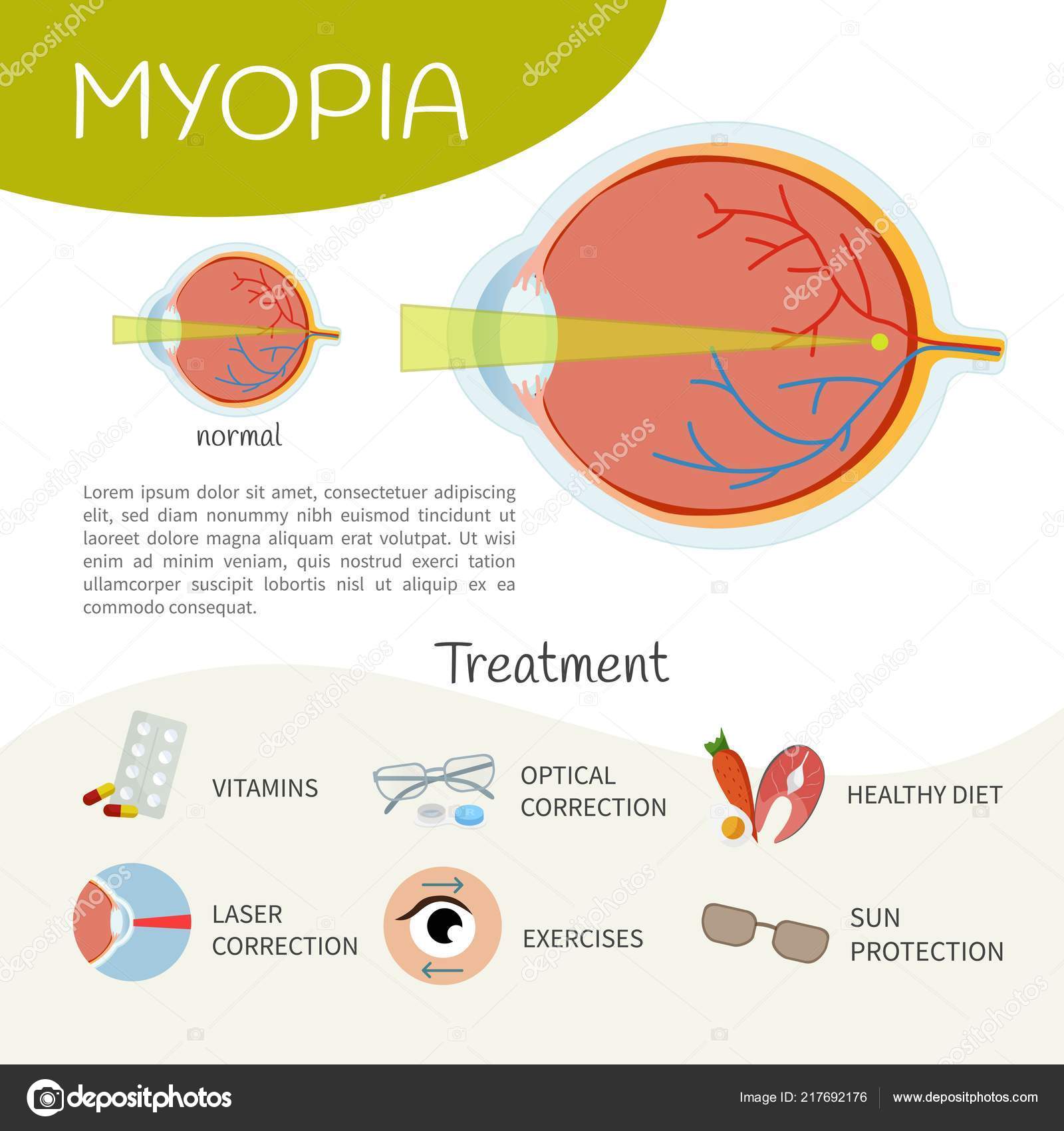Dry Eye Relief: When To Get In Touch With An Optometrist Versus An Ophthalmologist

Material By-Sahin Cook
Dry eye signs and symptoms can be discouraging and uneasy. https://drive.google.com/file/d/1nOtu5URPkjhWXQuOaJSykCASHnfa7F2I/view?usp=sharing may ask yourself if you need to see an eye doctor or an ophthalmologist for relief. Eye doctors commonly deal with moderate to moderate instances with effective therapies. Nonetheless, if your signs and symptoms persist or intensify, it might be time to take into consideration an expert's treatment. Understanding the best path for your scenario is critical-- so what variables should you take into consideration prior to making that appointment?
Comprehending Dry Eye Symptoms
Have you ever before experienced a persistent feeling of dry skin in your eyes? https://www.forbes.com/sites/leebelltech/2018/01/25/the-latest-laser-eye-surgery-innovation-shaking-up-the-health-industry-and-anyone-can-do-it/ can be greater than simply an aggravation; it usually indicates an usual problem called completely dry eye.
You may see inflammation, itching, or a gritty feeling, making it tough to concentrate. In some cases, your eyes might also water exceedingly as they attempt to compensate for the lack of dampness. You can also experience obscured vision, particularly after extended display time.
Identifying these signs and symptoms is critical for taking care of completely dry eye efficiently. Elements like extended display usage, environmental toxic irritants, and particular medicines can intensify these feelings.
Duty of Optometrists in Dry Eye Administration
Optometrists play a vital function in taking care of dry eye, functioning as your key source for diagnosis and treatment. They start by assessing your symptoms and performing extensive eye exams to identify the underlying sources of your pain.
With their competence, they advise personalized treatment plans, which might include man-made tears, prescription drugs, or way of life modifications. Optometrists also enlighten you on appropriate eye treatment techniques to help ease signs.
If your condition requires much more specialized attention, they'll refer you to an eye doctor. Routine exams with your optometrist guarantee that your completely dry eye management is effective, allowing for adjustments to your treatment as needed.
Trust fund your eye doctor to direct you via the process of finding relief from dry eye signs.
When to Get in touch with an Eye doctor
When should you think about consulting an ophthalmologist for your completely dry eye symptoms? If your signs linger in spite of over-the-counter treatments or worsen over time, it's time to see a professional.
You must likewise connect if you experience serious pain, vision changes, or if your eyes show up red and swollen. An ophthalmologist can diagnose hidden problems like blepharitis or meibomian gland disorder that may call for advanced treatment.
If you have a background of eye surgical procedures or persistent problems such as rheumatoid arthritis, it's important to seek advice from an eye doctor also.
Conclusion
In recap, if you're experiencing completely dry eye symptoms, start by going to an eye doctor for a tailored treatment strategy. They can help with light to moderate concerns using man-made rips and lifestyle modifications. Nevertheless, if your signs linger or intensify, don't think twice to speak with an ophthalmologist for even more specialized care. Taking these actions can cause far better monitoring of your dry eye signs and enhance your general eye health and wellness. Keep in mind, your convenience and vision are worth it!

